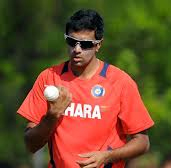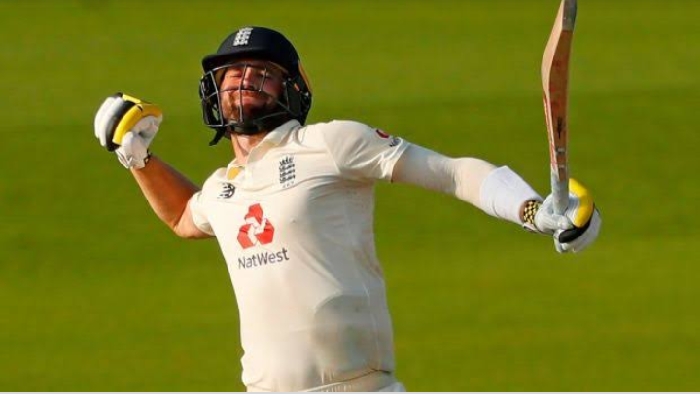 Mumbai, Jan 2: It would make sense for every photographer, every TV camera to take close up shots of all bowlers who participate in ODIs. Why? Because they could soon become like dinosaurs and become extinct. The new ODI rules where only four fielders are allowed outside the 30-yard circle at all times, as opposed to the five, which was the case for the last 20 years, is a serious handicap for the bowlers. While the powers that be in the ICC have tried to compensate by giving one new ball at each end and increased the number of bouncers per over from one to two, it is only a token gesture and akin to giving a terminally ill patient a tablet of crocin.
Mumbai, Jan 2: It would make sense for every photographer, every TV camera to take close up shots of all bowlers who participate in ODIs. Why? Because they could soon become like dinosaurs and become extinct. The new ODI rules where only four fielders are allowed outside the 30-yard circle at all times, as opposed to the five, which was the case for the last 20 years, is a serious handicap for the bowlers. While the powers that be in the ICC have tried to compensate by giving one new ball at each end and increased the number of bouncers per over from one to two, it is only a token gesture and akin to giving a terminally ill patient a tablet of crocin.
Already, bowlers have everything going against them in the limited-overs format. The boundaries during ODIs and T20s are pulled in by almost 10 metres. The batsmen are all armed with bazooka bats where even mishits end up going into the stands and have all the rules supporting them. The best bowler is allowed to bowl only 10 overs.
Now, by taking away the cushion of an extra fielder at the fence, the custodians of the game are telling the bowler, you are just a blue-collar worker, the batsman is the King who people come to watch.
At least, with five fielders, the bowlers could work out a batsman and think of ways to not concede a boundary. But with just four fielders, there will be one spot in the deep that will be unmanned. Which means, the batsman can just line up against a bowler, pick his spot and hit in the vacant spot.
While the bowlers must be given credit for learning new tricks of the trade like slower balls, slower bouncers and the full-pitched deliveries on the toes or the full wide delivery just on the tramlines outside off stump and it is only time before they will find a way to counter the latest shock that the ICC has given them, one expects more sense and a concern to provide an even-playing field while formulating rules.
The switch hit, where the batsmen is also allowed to change the position of his feet apart from the grip (from a right-hander to a left-hander), has already put the bowler at a disadvantage. After all, before commencing an over, he has to tell the umpire whether he is bowling over or round the wicket or he is bowling right-handed or left. The umpire then communicates the decision to the batsman. That helps the batsman predict the angle of delivery and helps him to premeditate and play the switch-hit and beat normally set fields. The bowler is not given any lee-way in terms of leg-side wides when he tries to defeat the batsman who is attempting to switch-hit. The latest rule-change will only embolden the batsmen to play more switch-hits and dent the figures and reputation of cricket's second-class citizens.
What the new rule will also do is force the bowlers to be less attacking. Already, the art of flighting the ball and deceiving the batsman in the air is going out of the game thanks to spinners being deposited into the stands with alarming regularity. With the security of only four fielders on the fence, expect spinners to bowl more and more darts.
Indian skipper MS Dhoni was vehement in his criticism of the new rules after his team lost to Pakistan in the first ODI at Chennai. "It's difficult for the spinners to bowl with five fielders inside especially when the wicket is flat. Not to forget, people were worried when the ODIs were introduced that spinners will have to bowl flat and they are not flighting the ball anymore. I don't know what they really expect with five fielders inside. They will just dart in. If you have the variations of a Saeed Ajmal, it will different but overall it's very difficult. These rules are more in favour of fast bowlers and teams who play with three or four fast bowlers."
It's about time the ICC wakes up and puts these rule changes in perspective and change them as fast as possible. Because at this rate, we will soon have only only bowling machines to bowl at batsmen in ODIs as no one would want to be a bowler.
And if anyone does want to indulge in the hazards of becoming a fast bowler in the ODI game, the ICC better devise an award for them. They can all it the TFC award and tell all the bowlers Thanks For Coming today.







Comments
Add new comment